Former WTO chief Supachai Panitchpakdi is applying a never-give-up philosophy in putting the country on the road to prosperity
- By Nattaya Chetchotiros -
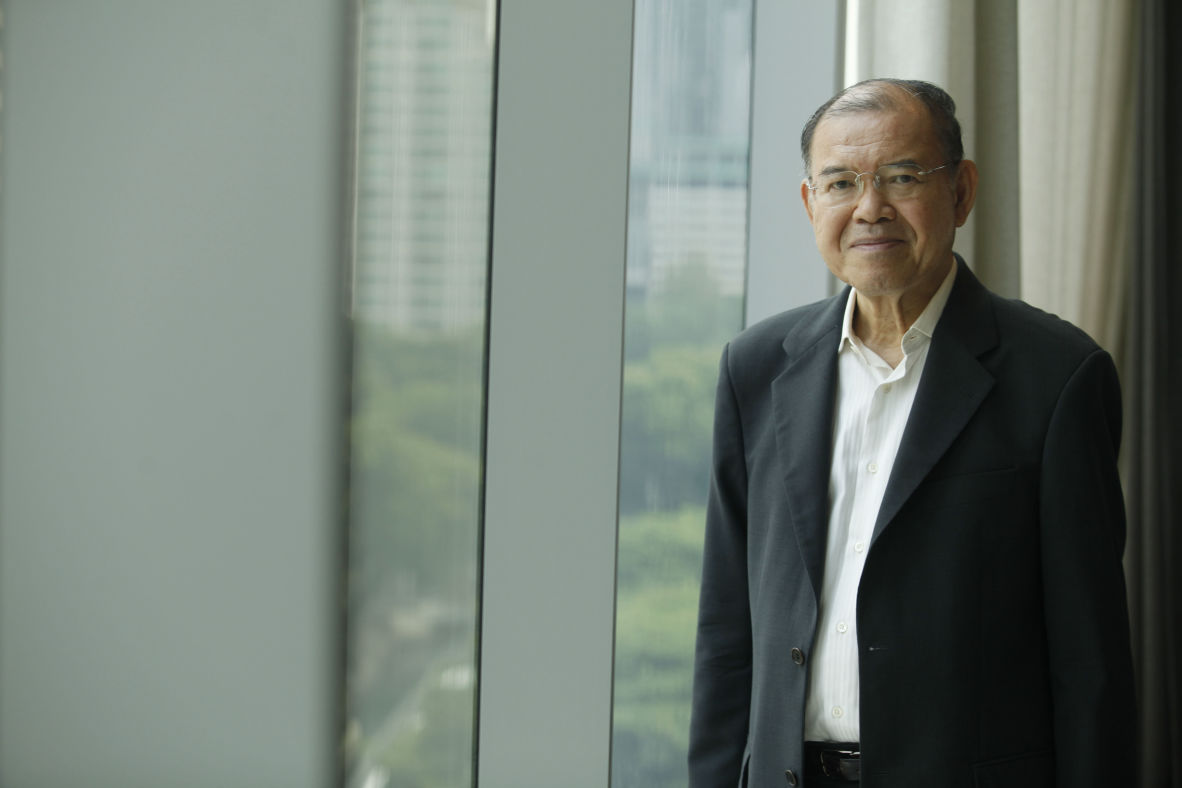
Supachai Panitchpakdi
Supachai Panitchpakdi, a former director-general of the World Trade Organisation (WTO), believes life should be in sync with nature.
This little insight came from Buddhadasa Bhikkhu, the late much-revered Buddhist monk from Wat Suan Mokkh in Surat Thani’s Chaiya district, when he was serving as a Bank of Thailand official.
At the time, he was assigned to deal with several banks and finance companies that had folded and was coordinating with the Finance Ministry to bail them out.
But the task was a struggle he soon became unhappy with.
While on a work trip to Surat Thani, he turned to the revered monk for what he said was the spiritual guidance he needed to help him through those difficult times and later on in life.
He was to face a tough time again when he decided to enter the race to head the WTO in which he was written off as a rank outsider from the get-go.
“No one in this country supported me or gave me a chance because they thought there was no way any Thai or Asian person could ever assume this post,’’ Mr Supachai said.
After a fierce battle with his main rival — former New Zealand prime minister Mike Moore, a term-sharing deal was reached to end the deadlock in choosing a new WTO chief.
It was agreed they would share the post, each serving three years. Mr Moore headed the WTO from Sept 1, 1999 until Sept 1, 2002 when Mr Supachai took over for the second half of the six-year term.
“I wanted for people all over the world to be on an equal footing and that unfair practices in the WTO be reduced with more representation from underprivileged countries brought in to help address the problems,” Mr Supachai said.
Before taking up the top WTO job, Mr Supachai served as deputy prime minister and commerce minister concurrently in the Chuan Leekpai administration.
Mr Supachai said he was ready to quit the government if he lost the race, but Mr Chuan wanted him to stay on regardless of the outcome.
In the race, Mr Supachai was backed in Asia while Mr Moore was backed by the United States.
“The US did not back me probably because they thought I could not be trusted. They might fear that if I got the job, I would have filled the WTO with people from underdeveloped countries, which would have hurt their interests,’’ Mr Supachai said.
After completing his term at the WTO in late 2005, Mr Supachai went on to become secretary-general of the UN Conference on Trade and Development (UNCTAD).
Currently, Mr Supachai is among the experts advising the national strategy committee chaired by Prime Minister Prayut Chan-o-cha to draw up a 20-year national strategy blueprint. His task involves drafting plans for the nation’s economic direction.
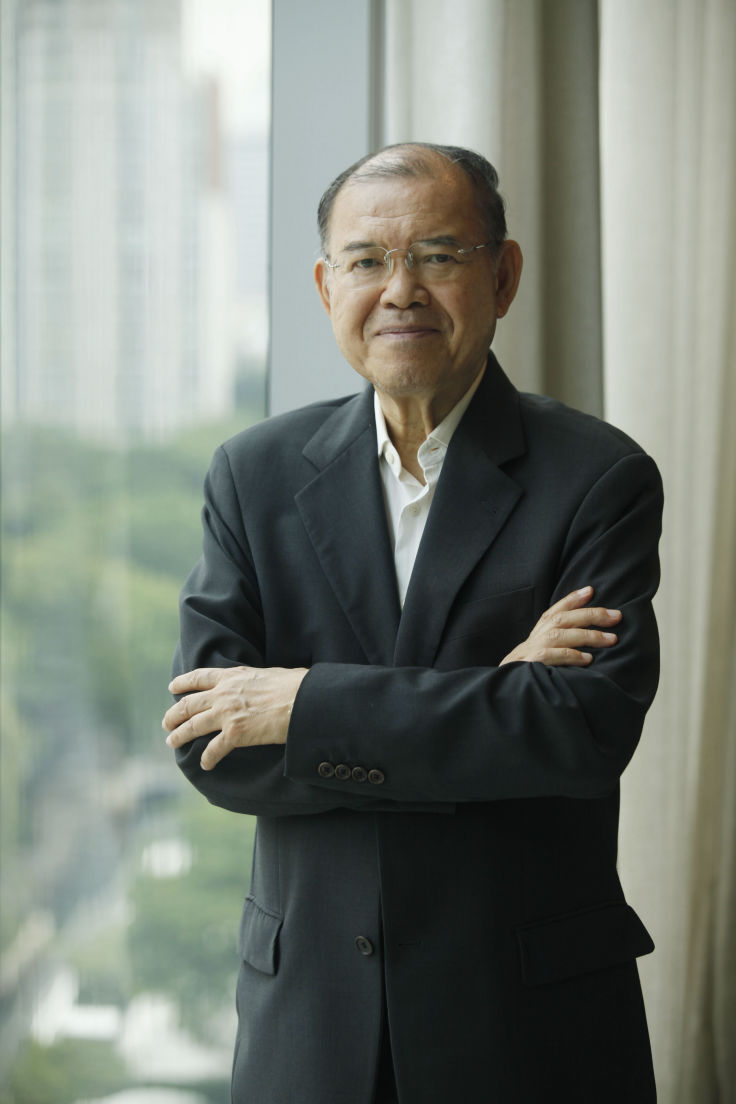
Supachai Panitchpakdi
As a result, he has faced criticism that he is helping the military regime cling on to power.
“I don’t want people to politicise everything, especially matters of national importance. Above all, we must ensure the country survives and develops healthily, particularly the economy.’’
He believes that it is essential for the Prayut administration to continue to work uninterrupted if it is to deliver what it has promised. While politics under a democratic system has many strengths, one weakness is a lack of continuity, he said, adding that he served as an MP during three governments but each of them was short-lived.
“I myself do not approve of anyone clinging on to power, but we need to be sure there is continuity. As an economist, I want our economy to be able to compete with others and a plan that has continuity is needed,’’ Mr Supachai said.
The country’s 12th national economic and social development plan for 2017-21 is in sync with the government’s 20-year national strategy for 2017-36, he said.
He expects these plans to be implemented continuously to address inequalities, boost competitiveness and protect the environment.
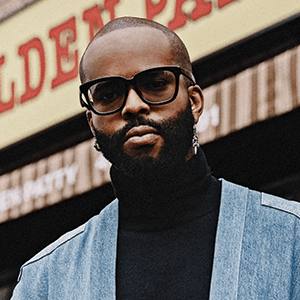
Tag
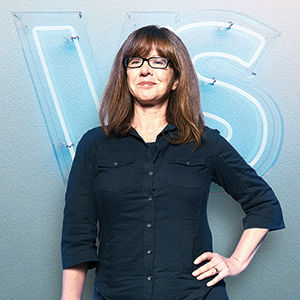
Tag
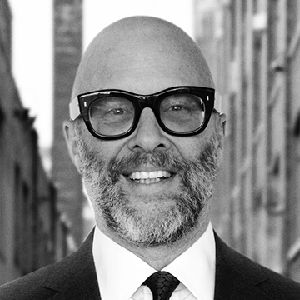
Tag
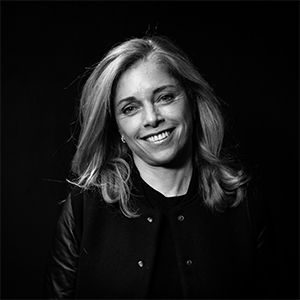
Tag
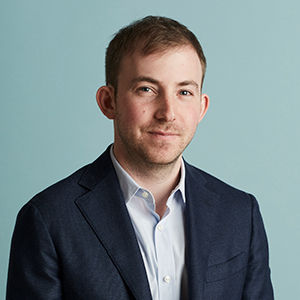
Tag
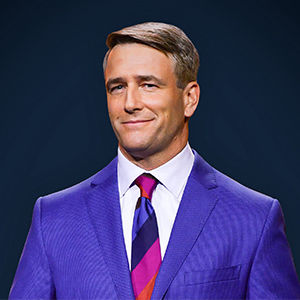
Tag
SHARE THIS PAGE!